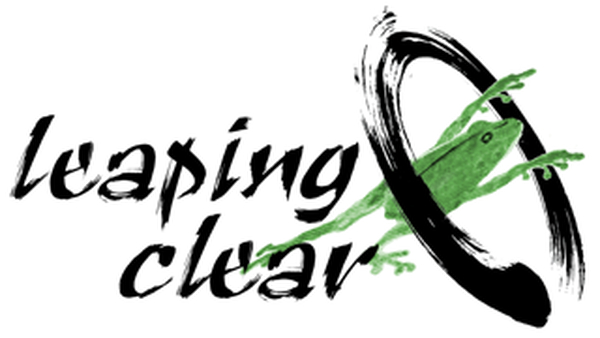Yakov Azriel
Although
I cannot let him go, I let him go;
although I cannot let him walk away,
I let him walk away. I cannot pray
for him to stay—I know that—yet I show
You, God, this prayer I've written and although
I know I cannot pray for him to stay,
You see the words I thread. I cannot say
this prayer I've threaded yet You see I sew.
I cannot keep the truth from bursting out,
although I keep it in. I cannot thread
a needle for the life of me, but still
You see I've sewn a prayer; I cannot shout
these words, yet words I've written shout instead
of me. Although I can't, perhaps You will.
Calico
No one knows I've been sewing, only You.
There's no one who has seen the calico
that I have salvaged, only You. I sew
my name upon this cloth and bring it to
Your house of prayer, the wind. There's no one who
will bring me thread except for You; I'll show
You, if You like, how different colors go
together: green with purple, pink with blue.
I keep the threads and needle in a cup
that sits upon a closet shelf. Who knocked
upon my door? I know there's no one there
but You. How hard it is to open up
my closet door — a closet door that's locked.
The key is thread-like, floating in the air.
XYZ
My name is unpronounced except by You.
My name contains no vowels: no “e,” no “i,”
no “u,” no “a,” no “o.” Such letters lie
in alphabets designed for people who
do not misspell their names when going to
a house of prayer, whose “a” is followed by
a “b,” whose “x” is followed by a “y,”
whose “p” is always followed by a “q.”
My name contains no consonants at all:
no “c,” no “r,” no “n,” no “s,” no “g,”
no “w,” no “k,” no “l,” no “v.”
My name is spelled with question marks. You call
me, though, by name; You take the ABC
I haven't used and use it, XYZ.
Yakov Azriel
My meditative practise is called hitbodedut which is a Hebrew word that literally means 'self-isolation.' Hitbodedut is based on the teachings of Rabbi Nachman of Braslav (1772-1810), a Hasidic rabbi who lived in the small villages of Eastern Europe. This practice involves being all alone (preferably in a forest or any other natural setting) and talking to God about anything that is troubling you, talking and conversing in free-association.
Rabbi Nachman said it is best to do hitbodedut in nature, but if there is no choice, find an empty room in your house and close the door. And if there is no empty room, then put a blanket over your head and start hitbodedut!
Yakov Azriel was born in New York City; he studied at the City University of New York, with a BA in English literature. He later completed an MA and doctorate, and at present he works as a college lecturer.
His fifth book of poems, Closet Sonnets: The Life of G.S. Crown (1950-2021), was published in November 2017 by Sheep Meadow Press. His first four books of poetry were published by Time Being Books between 2005 and 2011.
Over 500 of his poems have been published in journals and magazines, and his poems have won twenty-four different awards in international poetry competitions.
More on Yakov Azriel's work can be found on our Links page.
